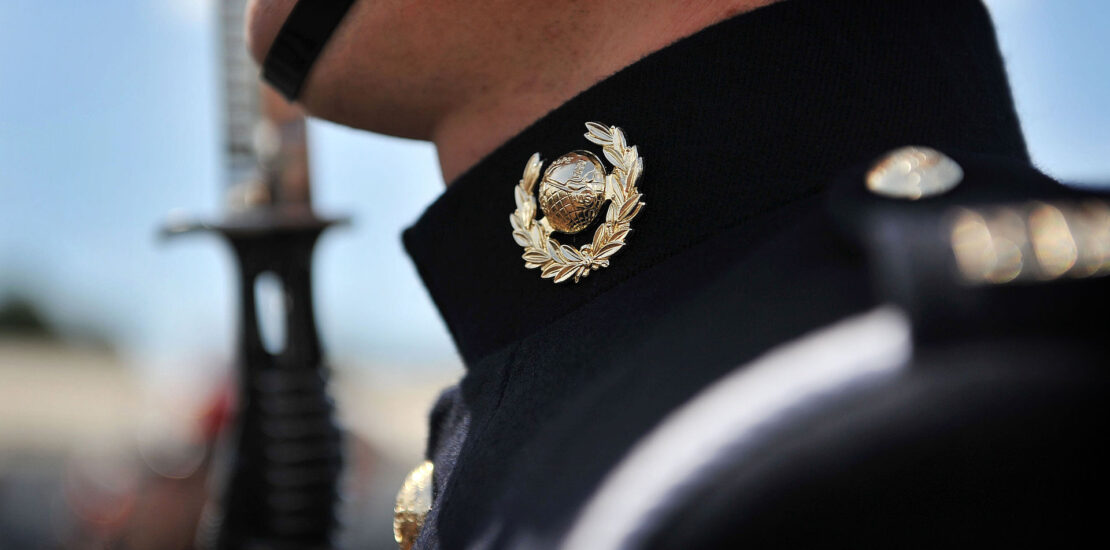- July 16, 2024
- Posted by: lutherpendragon
- Categories: insight, news

Today, the new Labour Government has launched a Strategic Defence Review, expected to recommend wide-ranging changes to the UK’s armed forces. Director Ben Frankel shares his thoughts on the geopolitical implications.
Hotfoot from his election count in South Yorkshire, new Defence Secretary, John Healey, was taking cover from a Russian air raid in Odesa, just 72 hours after Labour’s stunning election victory. If the UK public did not already know it, it was a clear statement of intent: this Government is serious about defence and international security.
How the UK responds to ongoing Russian aggression, alongside threats in East Asia and the Middle East, will define the future of our armed forces over the next decade and beyond. Intrinsic to that will be the role of technology, and the fundamental role UK industry has to play in defence procurement, from prime contractors through to the backbone of SMEs, which form such a vital component of the supply chain.
Labour’s launch of a Strategic Defence Review has been four years in the making –and Healey has been laying the groundwork ever since Sir Keir Starmer put him in his first Shadow Cabinet. It had already been flagged in the Labour manifesto as one of 14 areas that would be subject to reviews, if and when they formed the next government.
This careful approach to policy-making may have drawn criticism but ultimately it was the defining characteristic that shaped Labour’s successful campaign. They reassured voters that they understood the issues that really mattered – even if they did not yet have the answers. Between now and the end of September, industry, military, academics and others will be queuing up to feed their own thoughts and ideas into the Government’s strategy.
However, as with all of these other policy areas awaiting reviews, the question will be how to pay for it, especially if the next US President expects European NATO members to bear more of the load. No surprise therefore to see Fiona Hill, former adviser to President Trump, quietly added to today’s defence review team, which is led by the reassuring hand of former NATO Secretary General, and Tony Blair’s first Defence Secretary, Lord George Robertson.
Starmer has trodden a careful but uncertain line on Labour’s commitment to increasing defence spending to the hallowed 2.5% of GDP. Today’s announcement will buy him some time – but there may be more trepidation than hope within the Ministry of Defence’s Main Building today. Faced with multiple, growing global security threats, can the UK public finances possibly keep up with the scale of the challenge?
Photo: PO(Phot) Emz Nolan/MOD
How can we help you?
If your organisation wants to contribute to the Government’s Strategic Defence Review, contact the Luther Pendragon team at publicaffairs@luther.co.uk
